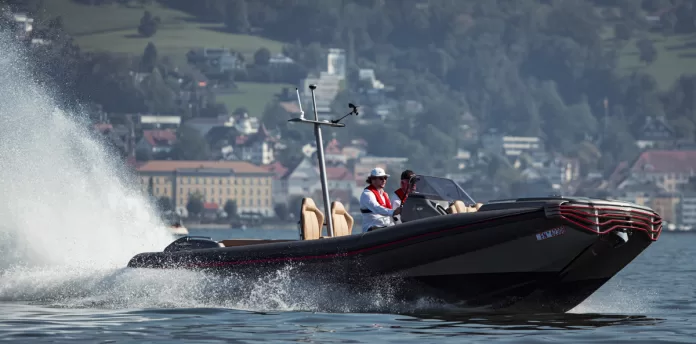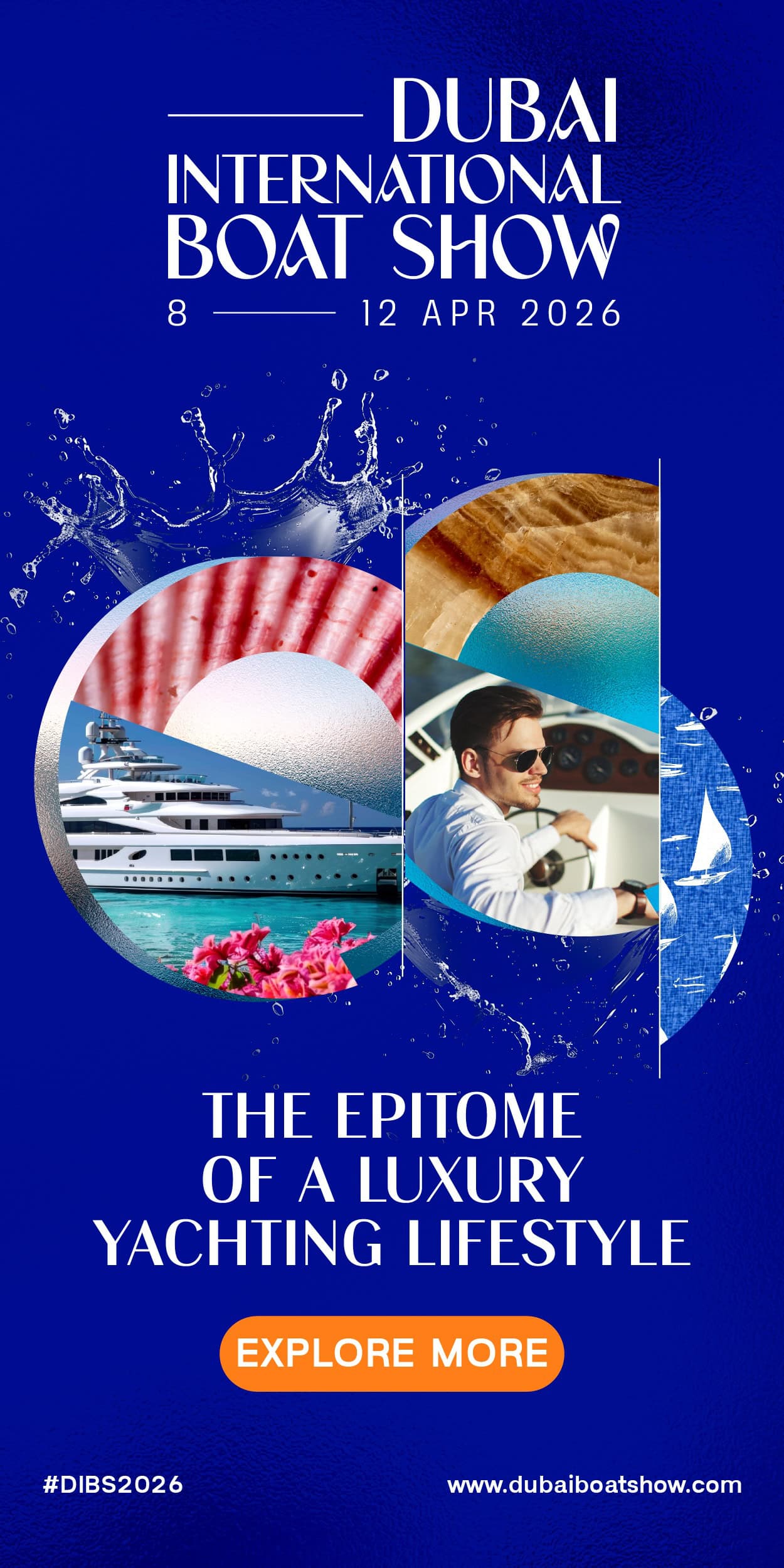German tech start-up eD-TEC has taken a step forward with trials of its new electric eD-QDrive system.
The eD-QDrive system was installed in a Silent Speed 28 hydrofoil supported catamaran RIB for the first time – previous tests have taken place with prototype boats.
The focus for the trials, was to refine the hydrofoil system and get the placement, pitch and surface area of the main foil – which spans the gaps between the two outer hulls and the central nacelle – right in order to make improvements in energy consumption.
The team also worked on improving the software and adding functionalities such as automatic trim.
“We had several issues with the hull and with the hydrodynamics of the hydrofoil supported catamaran form with foils and the surface-piercing propellers, which has led us to develop new foils – it’s been a very painstaking process, a steep learning curve but with positive developments,” says Marc Jost, head of strategy at eD-TEC.
Improvements
“We have also made some improvements in other aspects of the system, including improving the cooling of components, and have transitioned to a customer – ready control unit.”
After experimenting with various foil positions and changing the angle of attack, the team transitioned the RIB from displacement cruising at up to 30 knots to foiling at more than 41 knots.
“It’s a complex machine,” Marc added. “But with all the data and analytic tools we have,
and all the data our architecture supplies us, we’re very confident we can make big inroads into performance and efficiency.”
The team will also continue to develop a new foil for the RIB, refining the weight and balance with the right positioning of all the components, the right angle of attack and the right size of foil.
“It’s not as easy as we had hoped and maybe as we had thought, and it is challenging getting the weight and balance correct,” concluded Marc.



